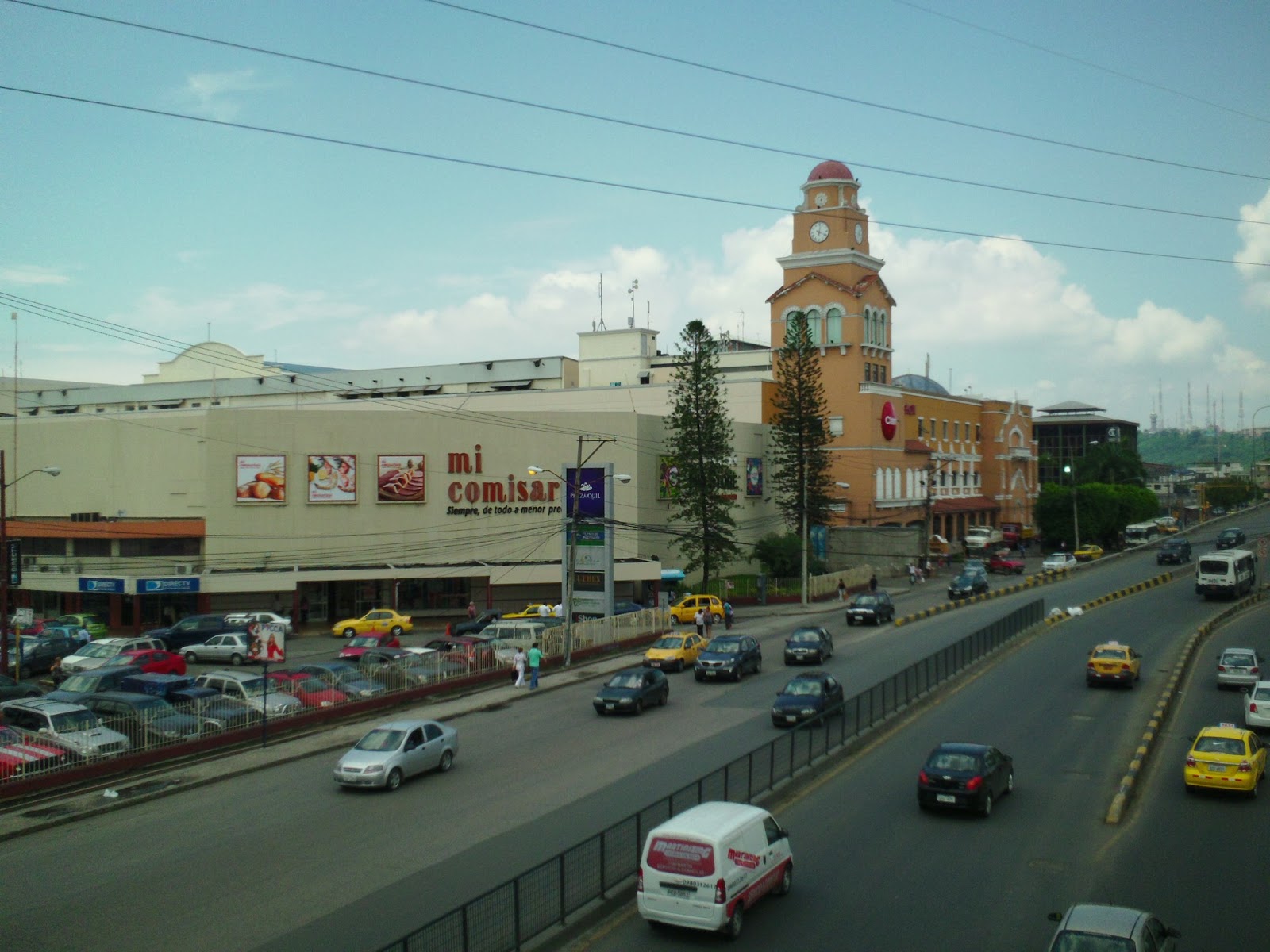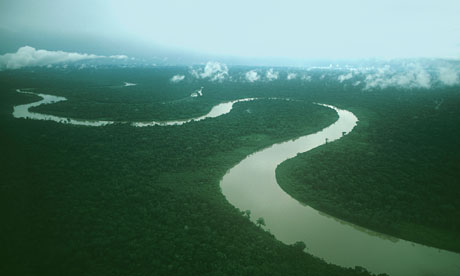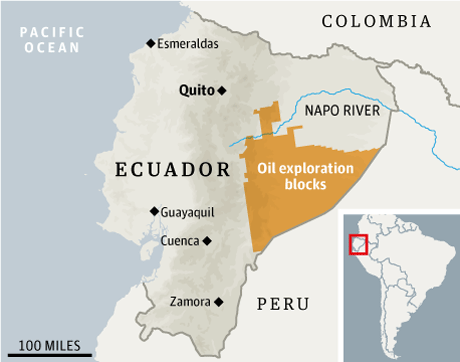First, warning
The lady from South Africa is back. She will approach non-Ecuadorians with a sob story of being robbed, and is asking for help (money) as she has to sleep on the beach and is trying to get home.
This same lady was here last year, and depending on what you think the value of a donation to a fellow traveler is worth, she can make a very good living.
This is Earth Month
This is still earth month. What happens the rest of the year ?
Have you been able to consider what you can do for your environment?
Composting
Reusable shopping bags
Solar lighting
changing to LED lights
cooking with electricity
growing your own herbs
stop smoking
taking a bus
walking
The city of Salinas is putting out recycle bins, which is good; but, when they come to empty them, they are emptied into the same garbage truck as the trash(defeating the purpose).
Baby steps
Brunch
We recently went to a brunch gathering hosted by Randy and Jean, where they made an effort to conserve by using plates that were made from recycled material. The brunch was well attended and enjoyed; this was a nice effort on the part of recycling, and I hope the message was received by all who attended.
GETTING WOMEN’S HEALTH SCREENINGS DONE LOCALLY
We all want to stay as healthy as possible here in Ecuador. Eating the fresh fruits and veggies that abound here as well as the unprocessed foods, those without any preservatives or artificial additives, definitely helps. Getting plenty of fresh air and moderate exercise and getting enough sleep are also excellent.
We women also are very interested in getting our screenings for cancer done on a regular basis. Two of these screenings are the pap smear and breast cancer screening.
When I came to Ecuador, I asked a female friend whom I had come to know about a good GYN MD. She referred me to her GYN MD, whose office is in La Libertad, the next town to Salinas, a bus ride away. So, I called the office and made an appointment, went in that Friday afternoon. He asked me about my medical history, and I told him that all previous pap smears were negative for cancer. He then did the pap smear and told me to come back in 2 weeks for the written results. That visit cost me $10. I then asked him for an order for a mammogram for breast cancer screening, and he wrote it on a prescription pad. I asked him where I could have it done, and he said SOLCA in Guayaquil. Well, I asked my friend if there was any place closer to have this done, and she told me that there was a SOLCA in Santa Elena. I found out that you can take the TRUNSA bus there for 25 cents.
So, Wednesday, I got there at 12noon, since I was told to come there at that time by the Director of SOLCA the day prior. They only do echosonograms there, not mammograms, and only on Mondays, Wednesdays, and Fridays. Since I have only had mammograms in the past that were negative for breast cancer, I believe that echosonograms are okay for me.
Echosonograms of the breast use ultrasounds, in that the sound waves penetrate the tissues of the breast and the reflected sound is collected and formed into a picture. The only preparation in having this test done is not to use any aluminum chlorhydrate in your underarm deodorant, or better yet, do not use any deodorant that same morning of the procedure. After the procedure, you can use the deodorant. They have you take your blouse and bra off, and give you a gown to put on. Then the doctor uses a water-based gel on both breasts, and then uses a transducer, which looks like a microphone, and the gel makes it easier for the transducer to emit sound waves on the breast tissue, and the echoing sound waves produce a picture of the tissue on the computer, which then shows abnormalities, if there are any.
I researched the mammogram, which exposes the woman to radiation through Xrays of the breast to the echosonogram, which is a painless procedure and has no radiation exposure. The mammogram alone and the echosonogram alone cannot detect all breast cancers, but both procedures done can detect most breast cancers. However, thermography, which can detect breast abnormalities through heat detection of the breast tissue, is now considered in Europe and other countries, the safest and most accurate of all 3 procedures. However, thermography is not used in the U.S.
SOLCA in Santa Elena is a non-profit organization, which keeps the fees low to the public. The echosonogram costs $15. They also do many different lab tests there, as well as EKGs, and regular Xrays, but not mammograms. They are, as far as I know, only done in Guayaquil.
So, if you want an echosonogram done instead of the mammogram, have the GYN MD write the order for the echosonogram, because you need a written order to have it done. If you want to go to SOLCA, just ask the bus driver to let you off there. It is a block past the Automobile Club of Ecuador in Santa Elena. I hope this has been helpful to you.
This Month
April 23rd - Established by Israel's Knesset as Holocaust Day in remembrance of the estimated six million Jews killed by Nazis.
Birthday - William Shakespeare (1564-1616) was born at Stratford-on-Avon, England. Renowned as the most influential writer in the English language, he created 36 plays and 154 sonnets, includingRomeo and Juliet, Hamlet and The Merchant of Venice.
Birthday - James Buchanan (1791-1868) the 15th U.S. President was born in Cove Gap, Pennsylvania. He was the only life-long bachelor to occupy the White House, serving just one term from 1857 to 1861.
April 24
April 24, 1800 - The Library of Congress was established in Washington, D.C. It is America's oldest federal cultural institution and the world's largest library. Among the 145 million items in its collections are more than 33 million books, 3 million recordings, 12.5 million photographs, 5.3 million maps, 6 million pieces of sheet music and 63 million manuscripts. About 10,000 new items are added each day.
April 24, 1915 - In Asia Minor during World War I, the first modern-era genocide began with the deportation of Armenian leaders from Constantinople and subsequent massacre by Young Turks. In May, deportations of all Armenians and mass murder by Turks began, resulting in the complete elimination of the Armenians from the Ottoman Empire and all of the historic Armenian homelands. Estimates vary from 800,000 to over 2,000,000 Armenians murdered.
April 25 Return to Top of Page
April 25, 1967 - The first law legalizing abortion was signed by Colorado Governor John Love, allowing abortions in cases in which a panel of three doctors unanimously agreed.
Birthday - Radio inventor Guglielmo Marconi (1874-1937) was born in Bologna, Italy. He pioneered the use of wireless telegraphy in the 1890's. By 1921, Marconi's invention had been developed into wireless telephony (voice radio).
April 26
April 26, 1937 - During the Spanish Civil War, the ancient town of Guernica was attacked by German warplanes. After destroying the town in a three hour bombing raid, the planes machine-gunned fleeing civilians.
April 26, 1944 - Federal troops seized the Chicago offices of Montgomery Ward and removed its chairman after his refusal to obey President Roosevelt's order to recognize a CIO union. The seizure ended when unions won an election to represent the company's workers.
April 26, 1986 - At the Chernobyl nuclear power plant in the Ukraine, an explosion caused a meltdown of the nuclear fuel and spread a radioactive cloud into the atmosphere, eventually covering most of Europe. A 300-square-mile area around the plant was evacuated. Thirty one persons were reported to have died while an additional thousand cases of cancer from radiation were expected. The plant was then encased in a solid concrete tomb to prevent the release of further radiation.
April 26, 1994 - Multiracial elections were held for the first time in the history of South Africa. With approximately 18 million blacks voting, Nelson Mandela was elected president and F.W. de Klerk vice president.
Birthday - American artist and naturalist John J. Audubon (1785-1851) was born in Haiti. He drew life-like illustrations of the birds of North America.
Birthday - Landscape architect Frederick Law Olmsted (1822-1903) was born in Hertfors, Connecticut. He helped design some of the most famous parks in America including Central Park in New York, the Emerald Necklace series of connecting parks in Boston, and Yosemite National Park.
Birthday - Nazi Rudolf Hess (1894-1987) was born in Alexandria, Egypt. He was Deputy Führer of Nazi Germany and a member of Hitler's inner circle. On May 10, 1941, he made a surprise solo flight and parachuted into Scotland intending to negotiate peace with the British. However, the British promptly arrested him and confined him for the duration. Following the war, he was taken to Nuremberg and put on trial with other top Nazis. He died in captivity in 1987, the last of the majorNuremberg war criminals.
April 27
April 27, 1865 - On the Mississippi River, the worst steamship disaster in U.S. history occurred as an explosion aboard the Sultana killed nearly 2,000 passengers, mostly Union solders who had been prisoners of war and were returning home.
Birthday - Telegraph inventor Samuel F.B. Morse (1791-1872) was born in Charlestown, Massachusetts. He developed the idea of an electromagnetic telegraph in the 1830's and tapped out his first message "What hath God wrought?" in 1844 on the first telegraph line, running from Washington, D.C., to Baltimore. The construction of the first telegraph line was funded by Congress ($30,000) after Morse failed to get any other financial backing. After Western Union was founded in 1856, telegraph lines were quickly strung from coast to coast in America.
Birthday - Civil War General and 18th U.S. President Ulysses S. Grant (1822-1885) was born in Point Pleasant, Ohio. During the war, he earned the nickname "Unconditional Surrender" Grant and was given command of the Union armies. He served as President from 1869 to 1877 in an administration plagued by scandal. He then went on to write his memoirs and died in 1885, just days after its completion.
April 28
April 28, 1789 - On board the British ship Bounty, Fletcher Christian led a mutiny against Captain William Bligh, setting him and 18 loyal crew members adrift in a 23-foot open boat. Bligh survived a 47-day voyage sailing over 3,600 miles before landing on a small island. Christian sailed theBounty back to Tahiti, eventually settling on Pitcairn Island and burning the ship.
April 28, 1945 - Twenty-three years of Fascist rule in Italy ended abruptly as Italian partisans shot former Dictator Benito Mussolini. Other leaders of the Fascist Party and friends of Mussolini were also killed along with his mistress, Clara Petacci. Their bodies were then hung upside down and pelted with stones by jeering crowds in Milan.
Birthday - James Monroe (1758-1831) the 5th U.S. President was born in Westmoreland County, Virginia. He served two terms from 1817 to 1825 and is best known for the Monroe Doctrine which declared the U.S. would not permit any European nation to extend its holdings or use armed force in North or South America.
April 29
April 29, 1992 - Riots erupted in Los Angeles following the announcement that a jury in Simi Valley, California, had failed to convict four Los Angeles police officers accused in the videotaped beating of an African American man.
Birthday - American publisher William Randolph Hearst (1863-1951) was born in San Francisco. The son of a gold miner, in 1887 he dropped out of Harvard to take control of the failing San Francisco Examiner which his father had purchased. He saved the Examiner, then went to New York and bought the New York Morning Journal to compete with Joseph Pulitzer. Hearst's sensational style of "yellow" journalism sold unprecedented numbers of newspapers and included promoting a war with Cuba in 1897-98. He expanded into other cities and into magazine publishing, books and films. He also served in Congress and nearly became mayor of New York City.
Birthday - Japan's Emperor Hirohito (1901-1989) was born in Tokyo. In 1926, he became the 124th in a long line of monarchs and then presided over wartime Japan which was led by militarist Prime Minister Hideki Tojo. Following the dropping of two atomic bombs by the U.S., he made a radio address urging his people to stop fighting. After the war, he remained the symbolic head of state in Japan's new parliamentary government. In 1946, he renounced his divinity and then pursued his interest in marine biology, becoming a recognized authority in the subject.
April 30
April 30, 1789 - George Washington became the first U.S. President as he was administered the oath of office on the balcony of Federal Hall at the corner of Wall and Broad Streets in New York City.
April 30, 1948 - Palestinian Jews declared their independence from British rule and established the new state of Israel. The country soon became a destination for tens of thousands of Nazi Holocaust survivors and a strong U.S. ally.
April 30, 1967 - Boxer Muhammad Ali was stripped of his world heavyweight boxing championship after refusing to be inducted into the American military. He had claimed religious exemption.















































